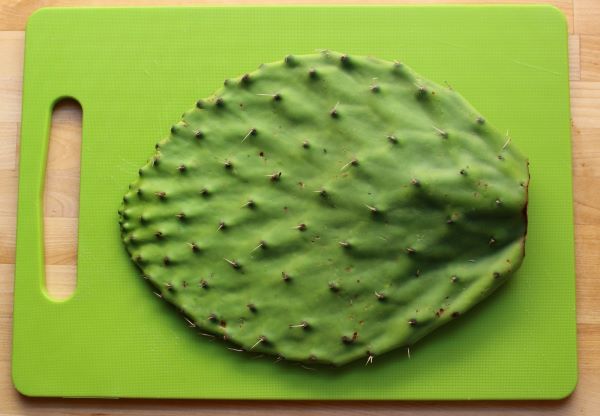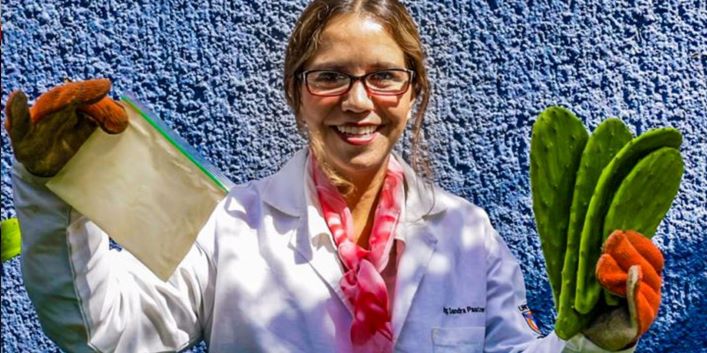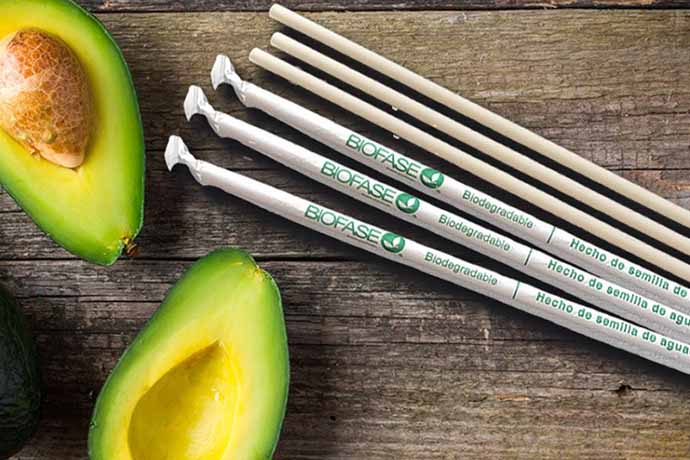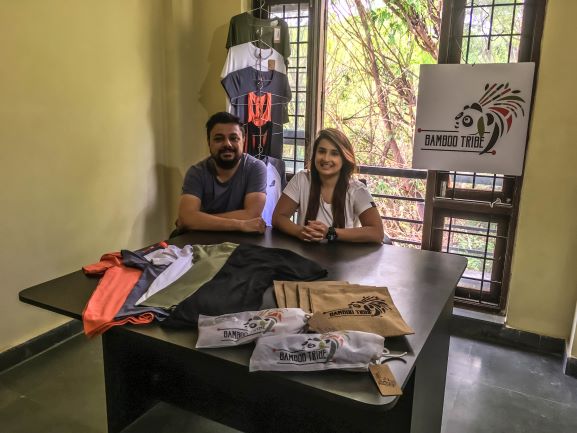Mexican Researcher Makes Biodegradable Plastic from Cactus
 Prickly Mexican Plant can replace plastic
Prickly Mexican Plant can replace plastic
While many scientists are working on many ways to create environmentally friendly solutions to tackle plastic pollution, one researcher in Mexico Sandra Pascoe Ortiz has successfully made a plastic alternative from cactus juice. More specifically from the juice of the nopal cactus.
“The plastic is basically made out of the sugars of nopal juice, the monosaccharides and polysaccharides it contains,” Pascoe who is a researcher at the University of the Valley of Atemajac, said. The plant is native to Mexico and can help solve a global issue of plastic pollution choking our oceans and waterways.
According to media reports, the formula consists of the liquid with glycerin, proteins, and dyes, which are then dried over metal plates so it can form a thin layer of plastic film.
In 2013, some of her students came to her with a class project to use the prickly pear cactus as the base for biodegradable plastic, she said. They abandoned it after a semester, but Pascoe said she told herself, “This can be done.” She continued the project on her own and with other students.

Currently, the researcher shared that with the support of the Biological and Agricultural Sciences of the University of Guadalajara, they are in the process of knowing the characteristics of degradation of this plastic and how long it takes to decompose in a natural environment.
“We’ve done very simple degradation tests in the laboratory; for example, we’ve put it in water and we’ve seen that it does break down [but] we still have to do a chemical test to see if it really did completely disintegrate. We’ve also done tests in moist compost-like soil and the material also breaks down,” Pascoe said.
The new alternative plastics reportedly start to break down after sitting in the soil for a month. In water, they break down in a matter of days. Now when the innovation is patented, her process will be commercialized, offering companies around the world a biodegradable alternative to plastic.








